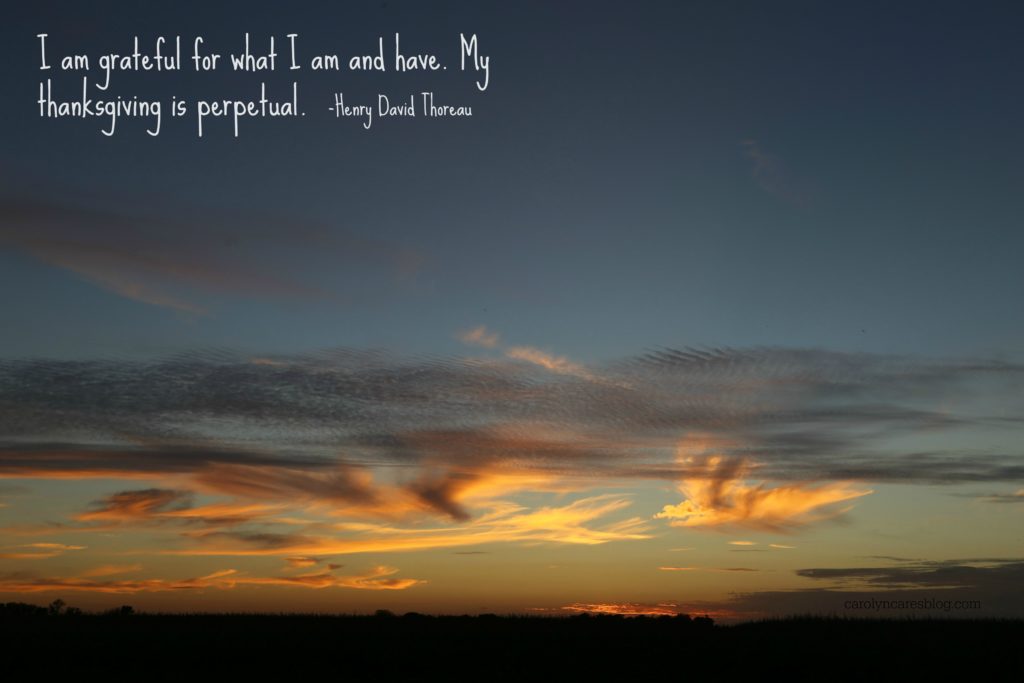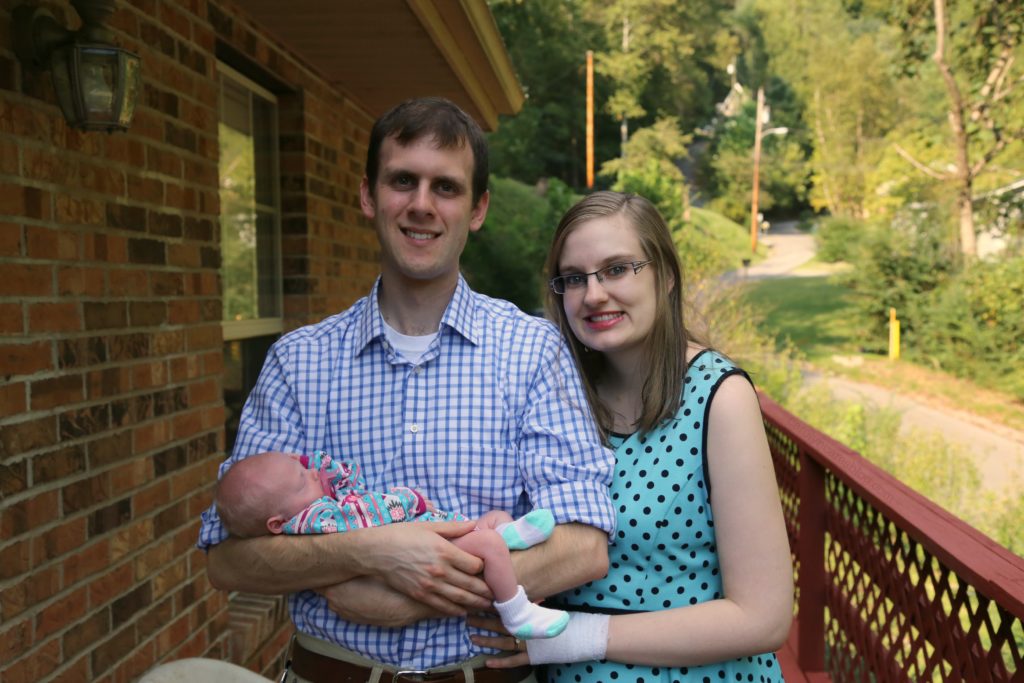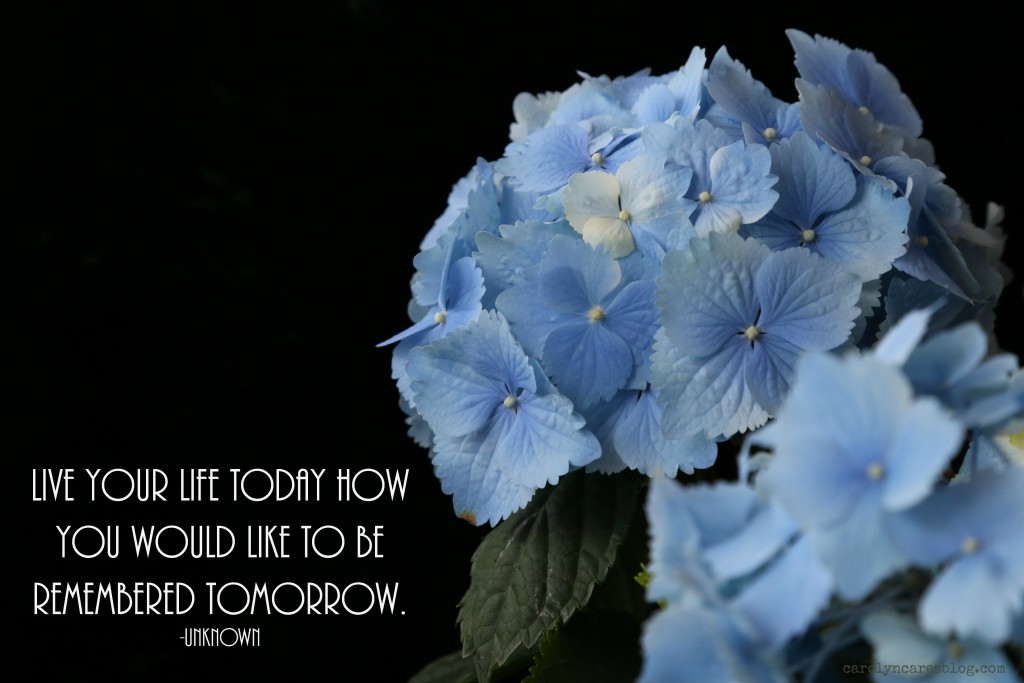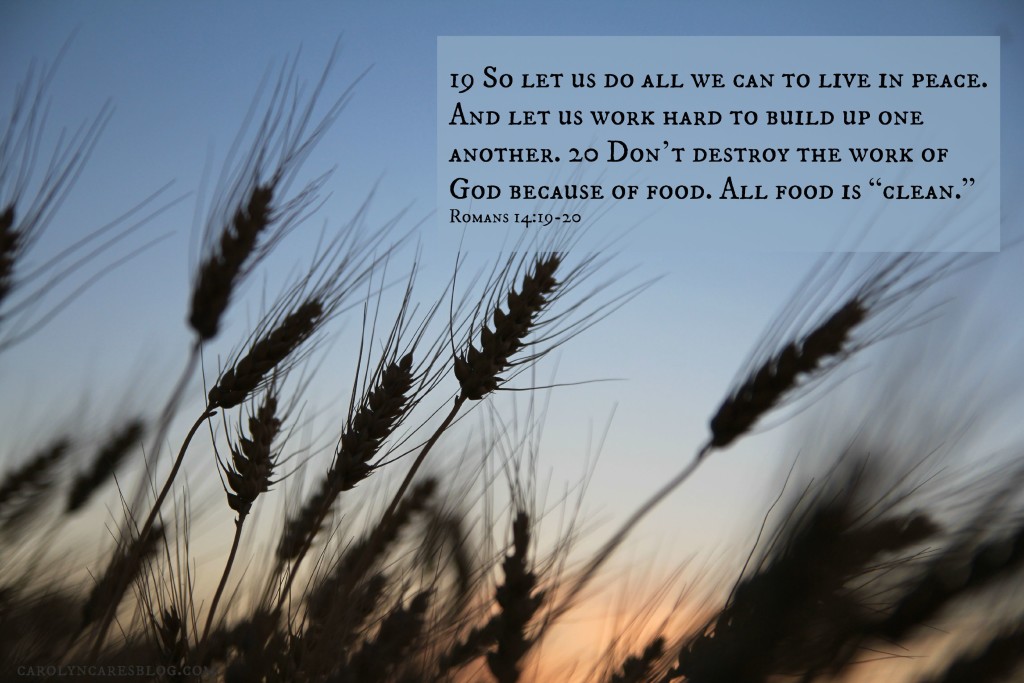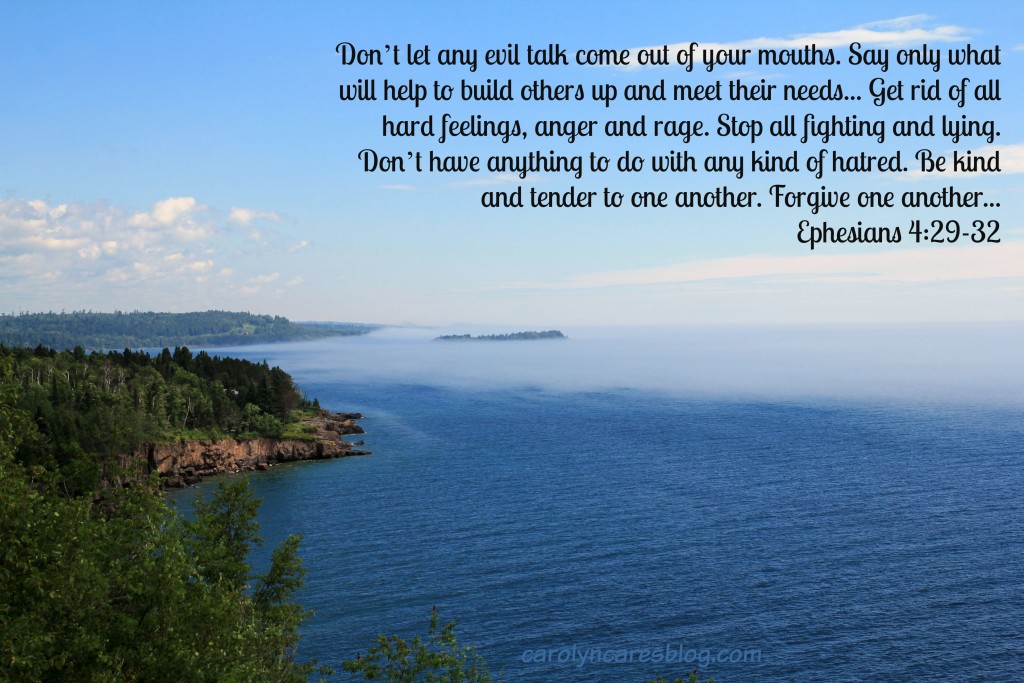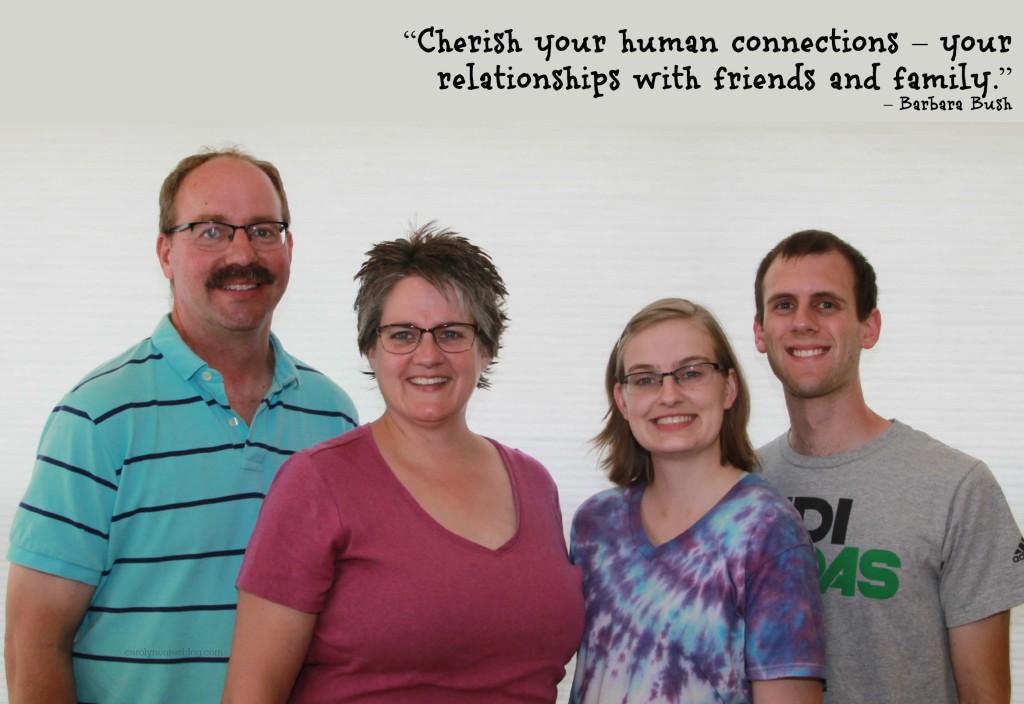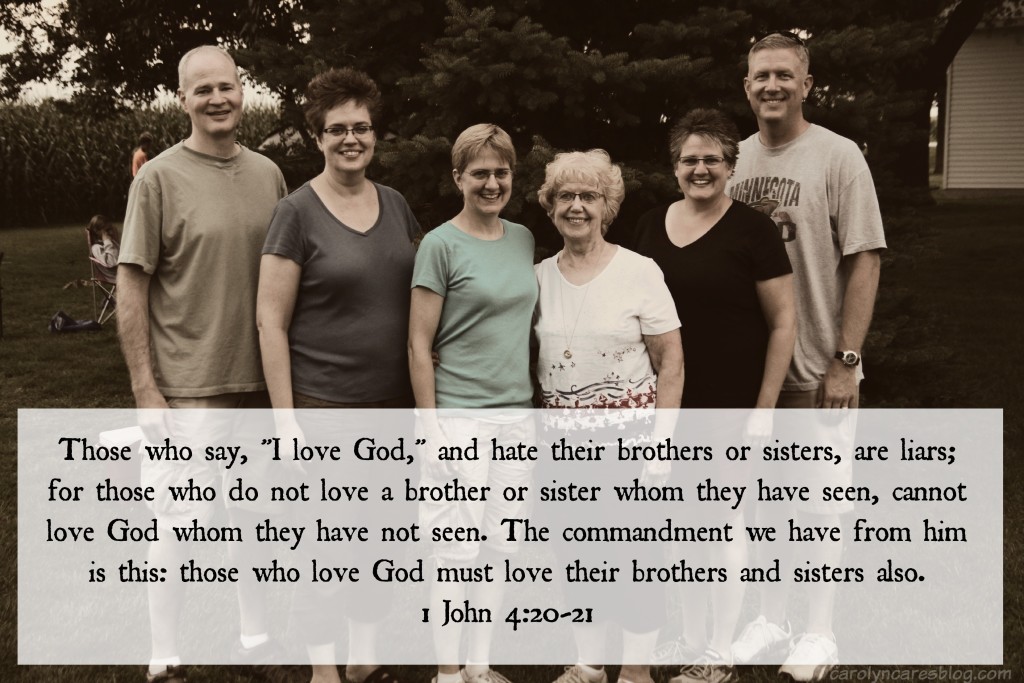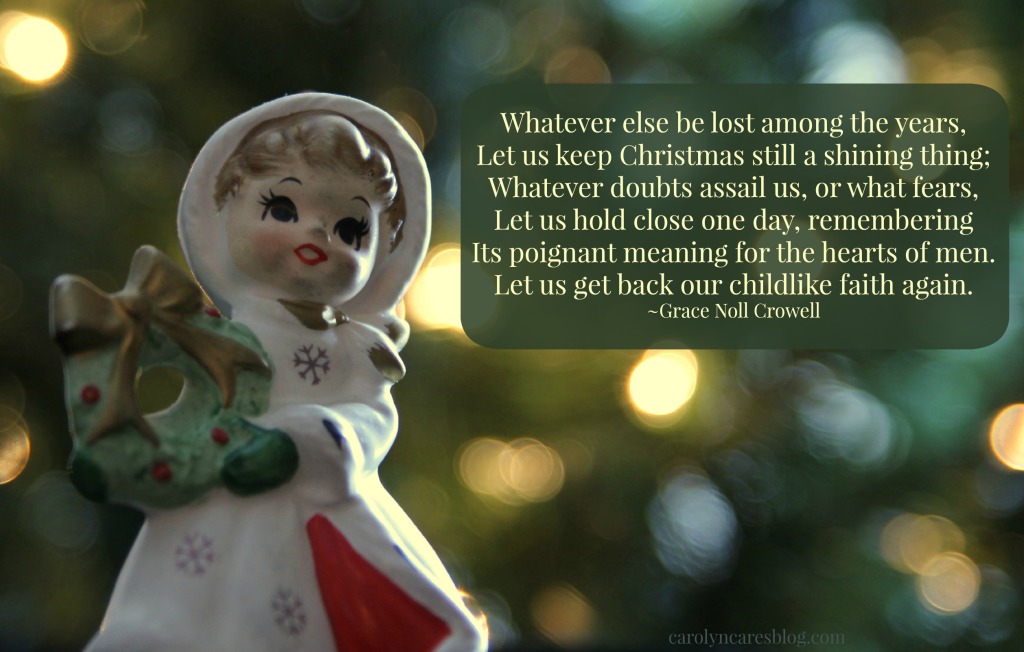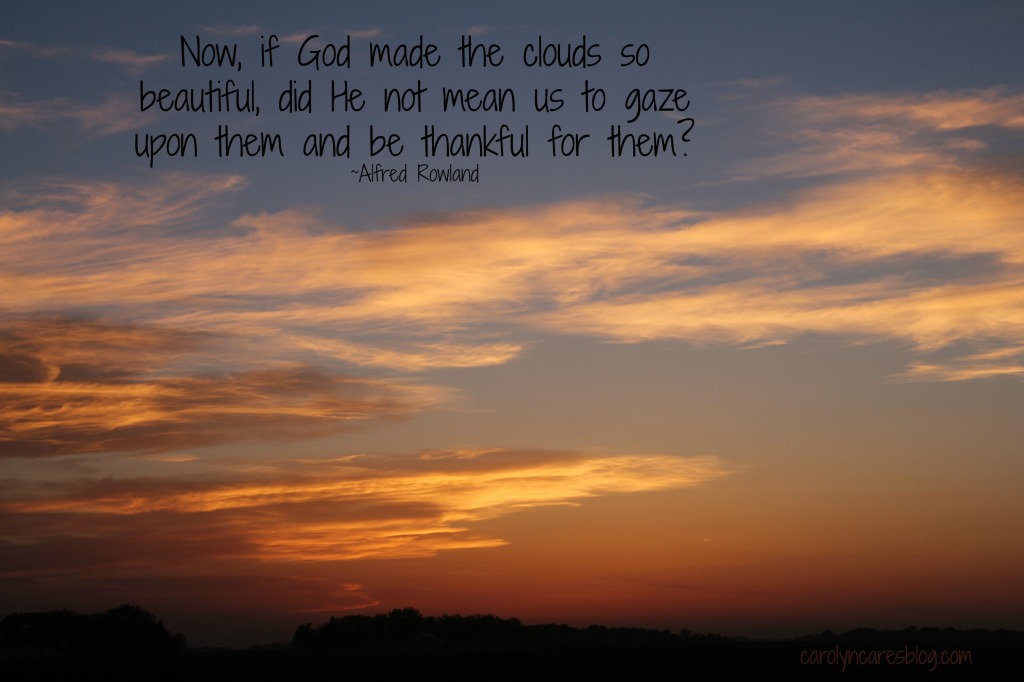
As agvocates, we share our perspectives of agriculture from the lens of our own truth. My lens, or filters will be different from all other agvocates, because I have different experiences and my farm is different from all others. Having that diversity is awesome when it comes to agvocating, especially if the main message is a unified one: Agriculture is important in the United States, and we are blessed to have the safest, most abundant food supply, with the best choices available to fit everyone’s desires. So, if we see things through our own lens, which gives us our own truth, how do we stand united?
Over the past 18 months, I have been to many conferences where speakers and consumer researchers have told the attendees to meet their consumers on an emotional level. We need to make them feel good, and help them understand that no matter what they purchase in the grocery store they are supporting a farming or ranching family. Looking at agvocating from that perspective, I see three phrases or ideas that we should lose in order to reach our consumers on that emotional level.
Food Shaming
It’s pretty safe to say that there isn’t a person alive in North America who hasn’t felt the sting of judgement from their friends or neighbors. Heck, some of us have felt the sting of judgement from our fellow agvocates. The most popular form of judgement is food shaming. Typically, it is seen as a totally granola mom telling all her friends they have to eat only organic to “properly” raise their children. There is a lot of outrage in those instances. When a mom who feeds her kids organic gets shamed, and told that she’s just wasting her money on a marketing scheme, is that any better? There isn’t as much outrage when that happens, but to me, shaming is shaming, and it needs to stop. We will never be the trusted source of information for consumers if we are making them feel bad about their choices. Bottom line: nobody wants to feel stupid for the choices they make. We lose their trust, and they go elsewhere for their information (Peta, HSUS, etc). We need to stop shaming our consumers…and each other.
#Stand4Science
I’ll admit that this hashtag and the accompanying tweets associated with it annoy me for a couple of reasons. First, most of the tweets have a “I can’t believe you don’t know this” attitude when telling people about some study or another that proves that biotech or whatever is safe. The problem with that attitude is, we make consumers feel dumb. How many people have a science degree, or can understand what the studies are saying? We’re told when giving speeches or agvocating in public to speak at a 4th grade level…I’ve read many study abstracts, and I can tell you, they are not written at a 4th grade level! The Center for Food Integrity’s 2014 research talks a lot about this very thing. We cannot forget about the impact that emotion plays when people are deciding whether or not to trust your truth. Secondly, many of the tweets associated with this hashtag make it sound like the only science in agriculture is biotechnology. When you think about it, biotechnology is a pretty small part of the science that goes into raising a crop, even if the majority of corn, soybeans, and cotton raised in North America are genetically engineered. We all need to pay attention to soil science, plant science (including weeds), pathology, animal science, and hydrology…not to mention computer science, and engineering. I know I’m missing some major ones, but you get the idea. Agriculture involves a lot of science, no matter what you grow. We just can’t assume that our consumers will “get” the science that we work with every day. Heck, I don’t understand the science that goes along with range management or animal nutrition, because I don’t ever work with that. Fortunately, I have trusted friends I can go to when I have questions. That’s what we need to be to our consumers.
Biotech is the only way to feed the world
I’ve had many great conversations about this phrase. Looking at it from an agvocating point of view, though, I think we need to lose it. As consumers, we are all a bit self centered. We want what we want when we want it. When we are making our way through the grocery store, we are not thinking about how many people in the world the average farmer is feeding. We are thinking about checking off our grocery lists, or we’re trying to remember what it is we needed as we’re being distracted by kids, neighbors who want to say hello, or the little old ladies who need help getting a bag of cat food into their cart. This message is being lost on the consumer. I don’t know about you, but I eat a pretty diverse diet. I like my cereal or eggs in the morning, but the rest of the day I’m eating a variety of meats, potatoes or rice, and vegetables. For snacks, I like fruits, or coffee. I don’t like eating the same thing all the time, because I get bored with it. There are what, nine genetically engineered crops on the market? Foods made with those crops do not make up the entirety of the average diet. We need the diversity in agriculture to make the whole system work. We celebrate diversity in every other aspect of our lives, why not in agriculture? When the whole choir only sings one note, there is no harmony. When my BLT has no L or T, it is just a bacon sandwich…but that actually doesn’t sound all that bad….
So, what should we be saying when we agvocate?
In our lenten series at church this year, our Pastor has been talking about not separating our faith from our every day life, but to treat it as we do everything else. The funny thing is, I have taken a ton of notes during his Sunday sermons lately, because they fit agvocating so well. The verse on the photo above summed up my feelings about how to agvocate effectively without running the risk of alienating other farmers or our consumers.
“Do nothing from rivalry or conceit, but in humility count others more significant than yourselves. Let each of you look not only to his own interests, but also to the interests of others. Philippians 2: 3-4”
How cool would it be if we all agvocated that way…doing nothing from rivalry or conceit, but in humility count others more significant than yourselves.
We can do this when we tell our story, since we know it better than anyone else. This also goes back to each of us having our own truth. Nobody can argue with you if you say, “On my farm, we do this…” or “On my ranch, we do that…” That is your story, and your truth. You can find things in common with your consumers if you write about things they may be able to relate to. They won’t relate to farming, but if you develop a relationship with them over a common topic, you will be their trusted source when you do write about agriculture.
I absolutely believe we can speak as a unified voice for agriculture, but it’s going to take a little change in attitude from all of us. Will you join me in supporting all of our farming and ranching families?

